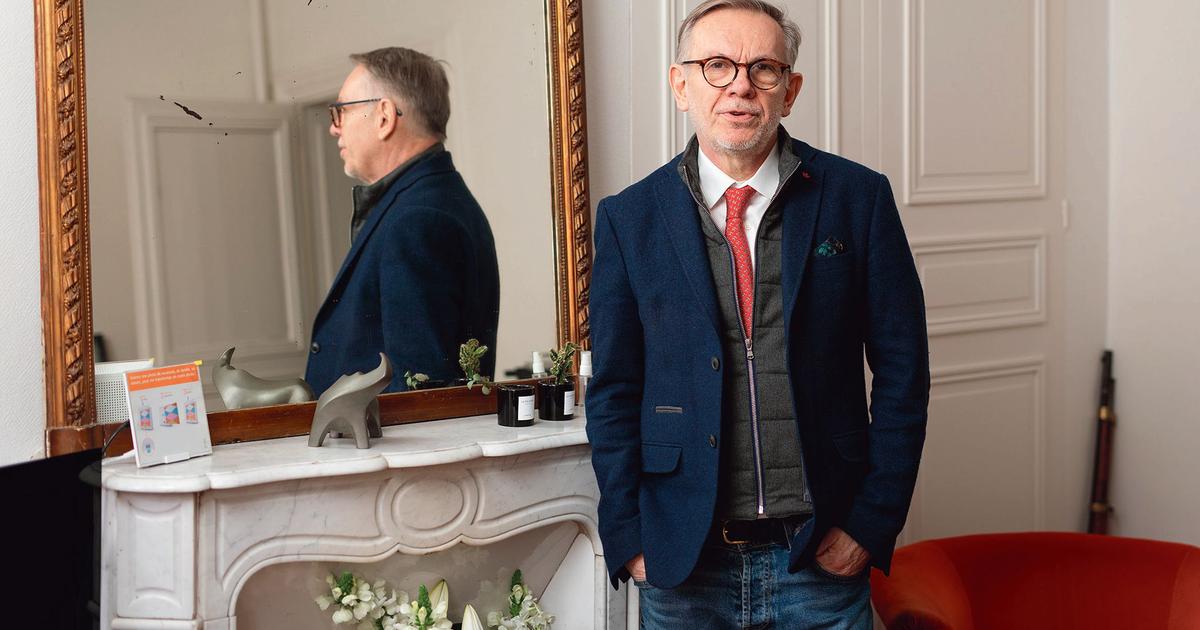A colleague was angry at the editorial conference recently about cyclists who ride on the road. "Why don't they use the bike path?" She asked. A few days later an angry colleague asked me why bicycles often blocked the seats in the S-Bahn - in the bicycle compartment, as it turned out during the course of the conversation.
The answer to both questions is simple. Berlin's cycle paths are only reasonably accessible with fully suspended mountain bikes. Driving on the road is also safer. Cyclists sometimes use the S-Bahn because it is practical. There are bicycle spaces on the train for this, by the way you pay for an extra ticket.
I do not mention this to show how ignorant some road users are. When I drive a car, I am sometimes annoyed by cyclists who block the road. And I also prefer to get on S-Bahn trains where no wheels clog the aisles.
Consideration alone is not a solution
The comments only show how strongly the perspective on traffic is determined by how you are moving. This is not a groundbreaking finding, but it has not yet got around everywhere.
In most major German cities, when planning traffic routes, the idea still applies that drivers, cyclists and pedestrians, above all, have to learn to treat each other nicely. "Mutual respect is indispensable," says Gesine Günther, a Berlin Senator for Transport.
Consideration is always good. It only solves none of the current traffic problems.
In truth it is relatively simple: traffic is not a win-win situation for all participants. If more is done for pedestrians and cyclists, then this is at the expense of drivers. Politicians have to decide which means of transport they want to give priority to. Instead, Günther is committed to the bike-friendly city and at the same time declares that she does not want to start a cultural struggle against the car.
At least on this point she keeps her word. It is clear to me that a bicycle and pedestrian-friendly urban conversion cannot be done in a few months. But there are things that could be improved overnight. I cycle every morning over the Großer Stern, one of the central traffic hubs in Berlin. Five streets meet here. On sunny days I would have to wait for three traffic lights in the morning to cross the street, there is so much traffic on the bike path. Nobody does that, neither do I. You then drive on the pedestrian path or on the opposite lane, it is pure chaos. I wonder that nothing more happens.
Even the simplest measures are not taken
The mess could easily be avoided. One would only have to extend the green phase for cyclists and pedestrians. That would mean that drivers would have to wait longer. This is obviously too radical for politics. You don't want to fight a culture fight.
It's not that nothing happens. I was recently on Karl-Marx-Strasse in Neukölln, a large shopping street. There is now a cycle path separated by bollards. A good thing in itself, only the wheel track seemed so narrow that overtaking is only possible with great risk. They are building the infrastructure there that would have been sufficient for the number of cyclists ten years ago.
Losers are inevitable
Berlin politics traditionally and quite rightly has a bad reputation far beyond the city. When I'm in Cologne, Munich or Hamburg, however, I don't have the impression that it's better there. Berlin is everywhere, at least in traffic policy.
Incidentally, I do not think that the bicycle should always have priority. Recently there was an excellent article in the travel section of the "Frankfurter Allgemeine" about the conflict between hikers and mountain bikers in the Alps, which is mainly fueled by the motorization of the bikes. I love to hike, the article spoke from my heart. It contained the beautiful sentence: "Pedal vehicles with an additional motor have as little to do on narrow mountain trails, meadows, pastures and peaks as electric scooters on the sidewalk." I see it that way too.
The conflicts in traffic can only be decided by politics. There will be losers, that is inevitable. It won't work without a bit of cultural struggle.












